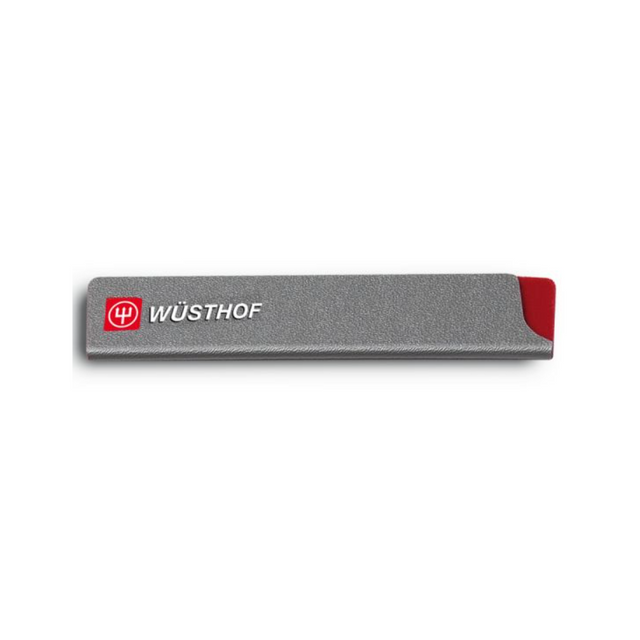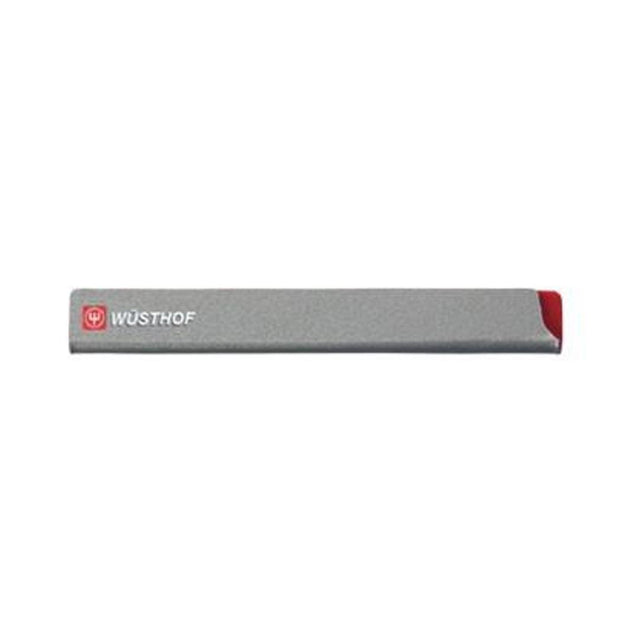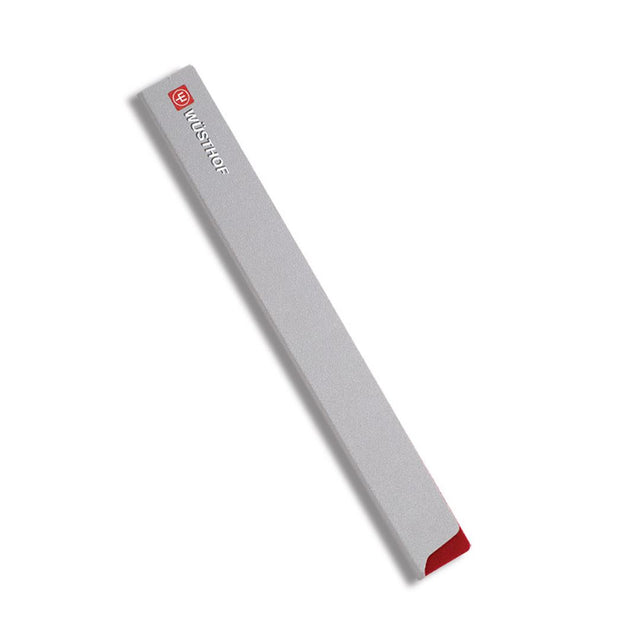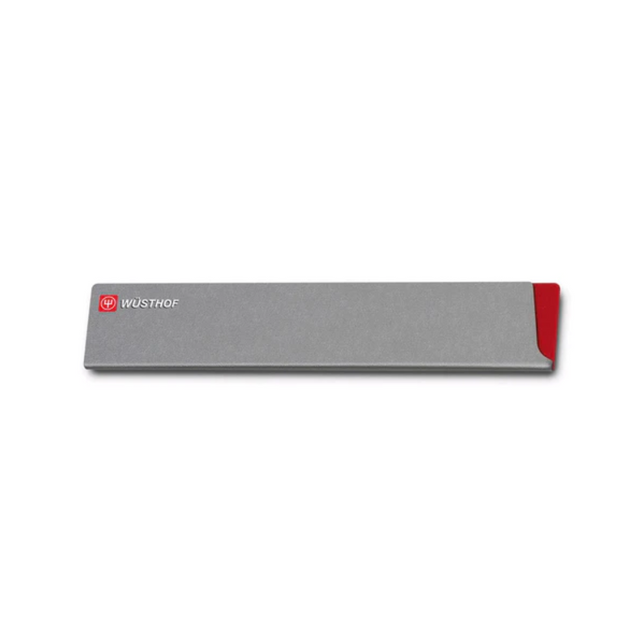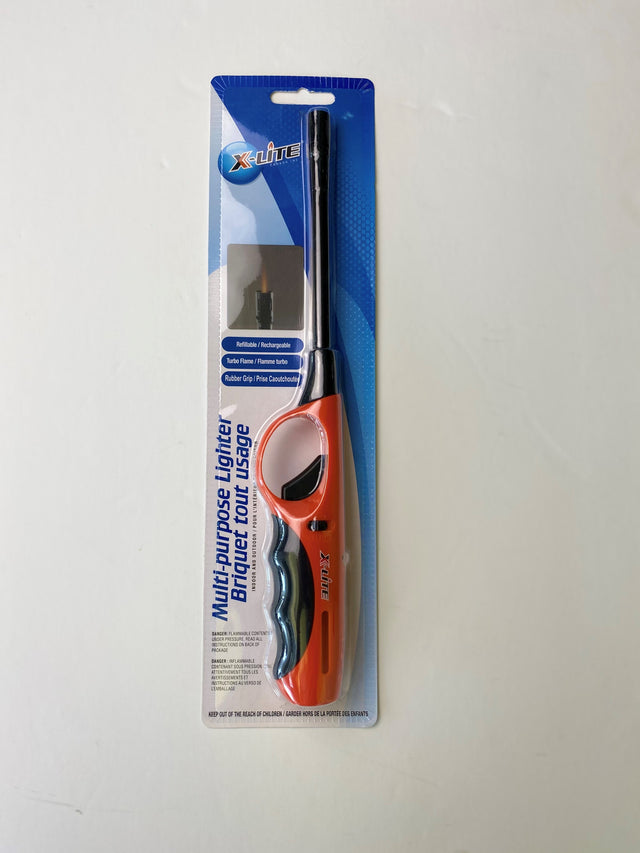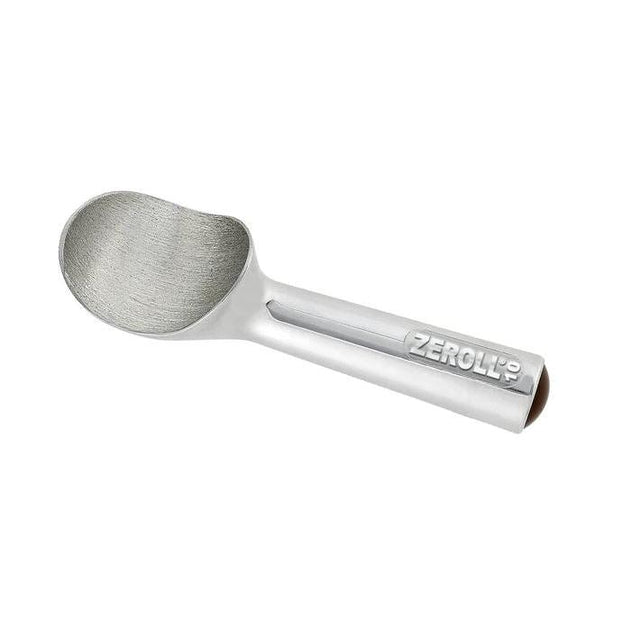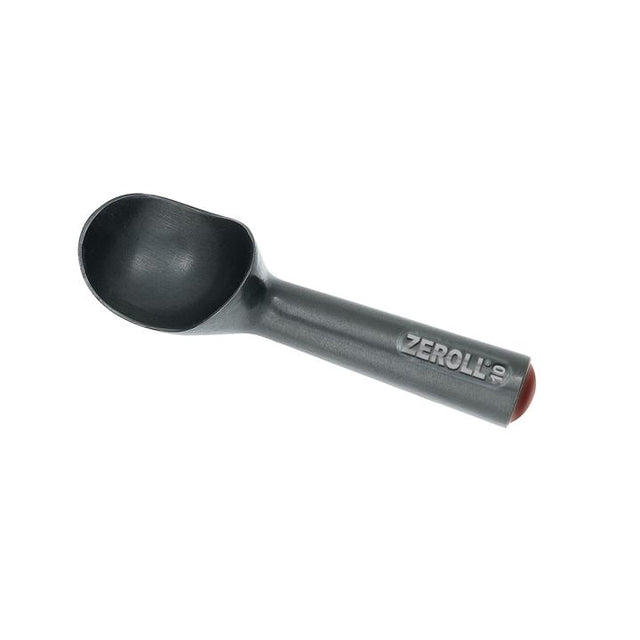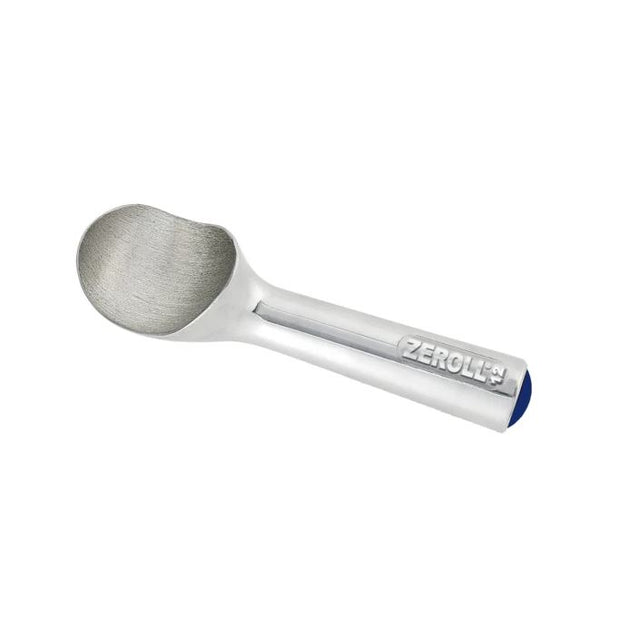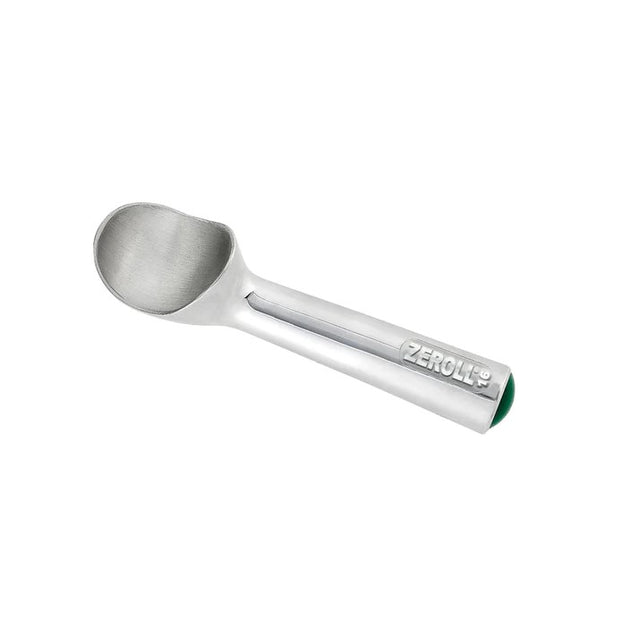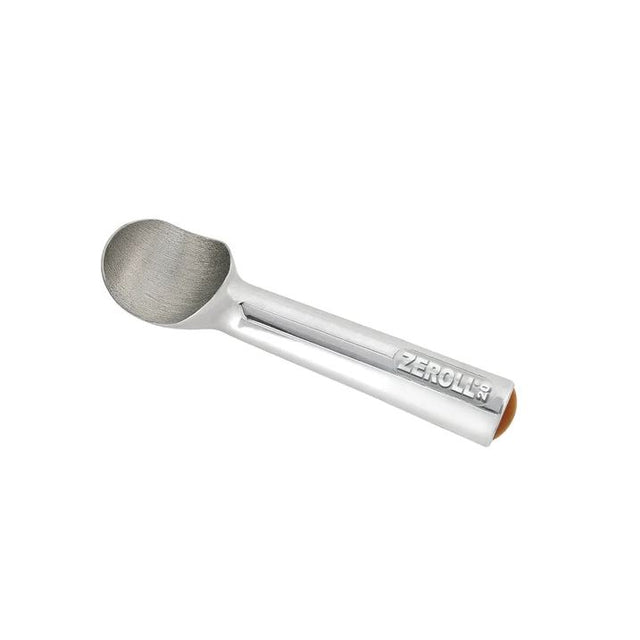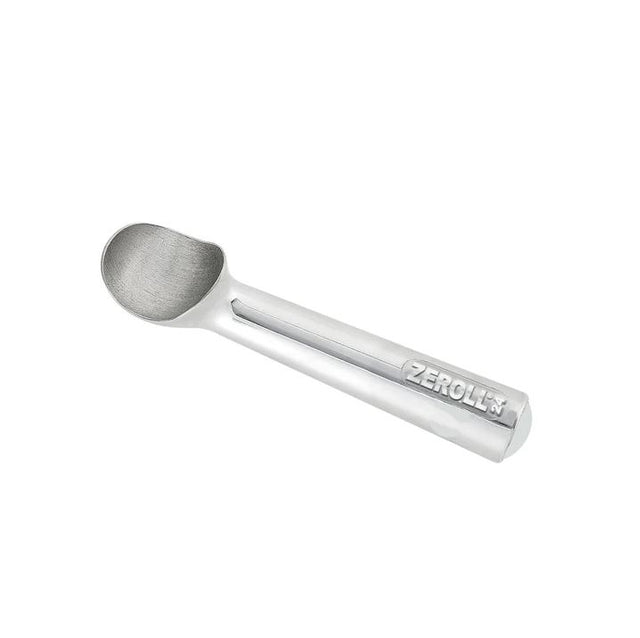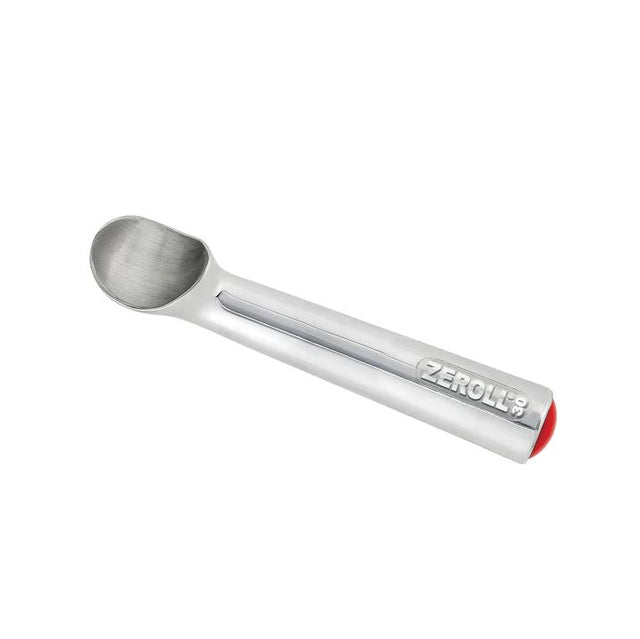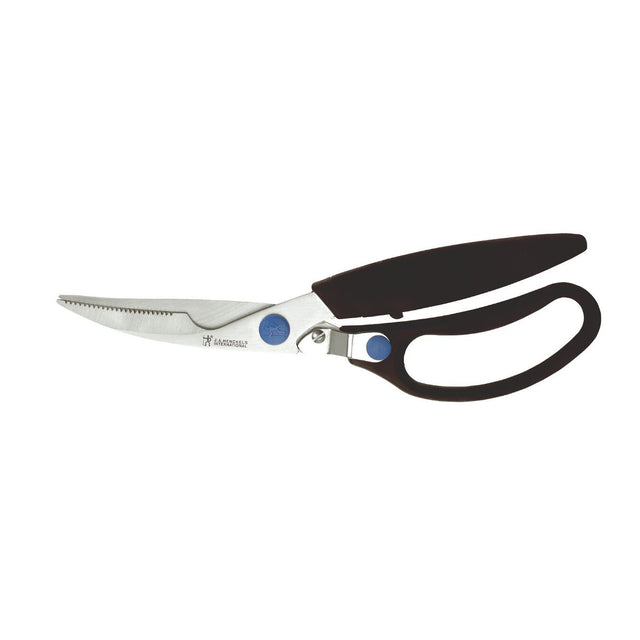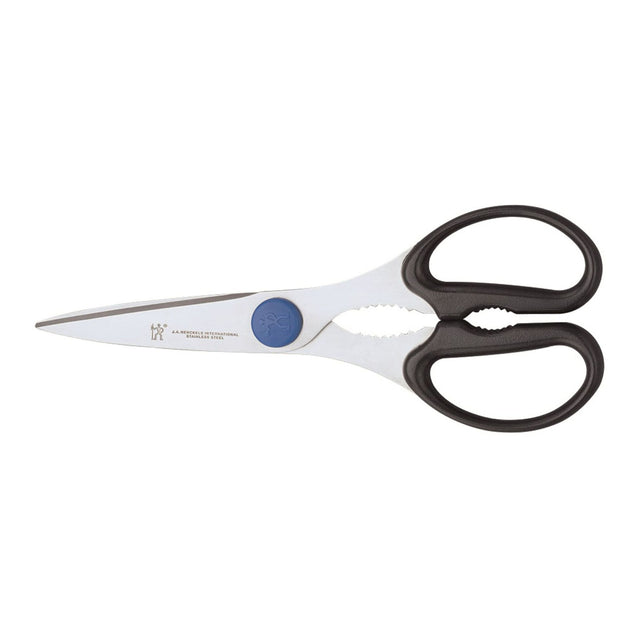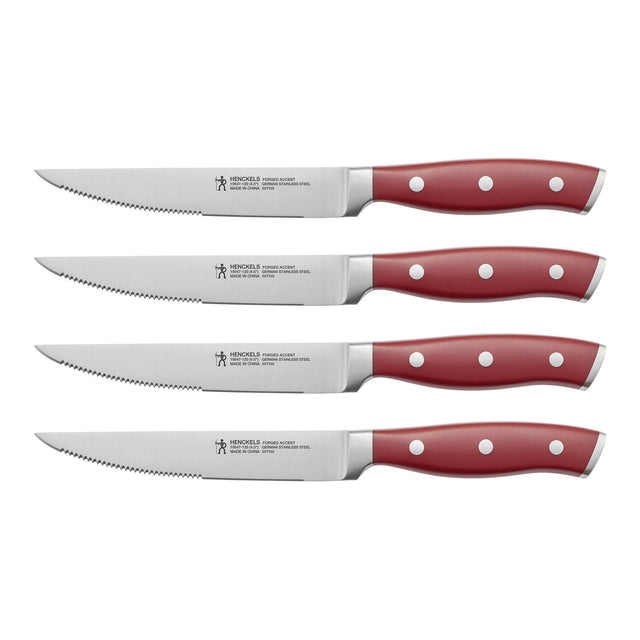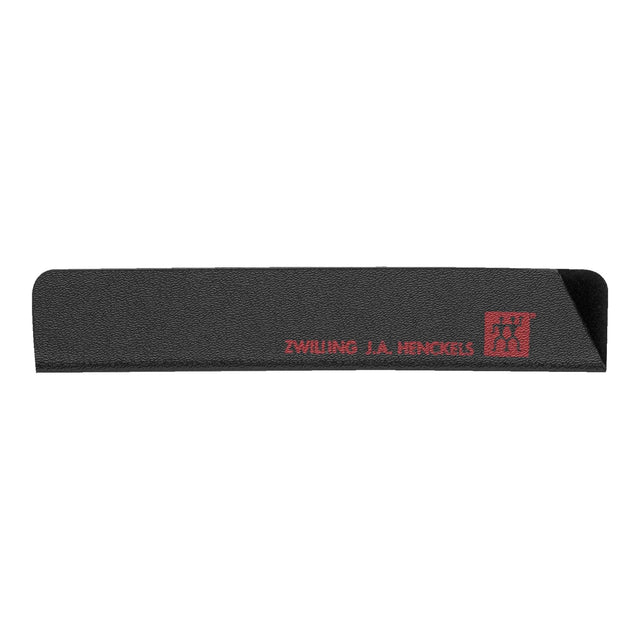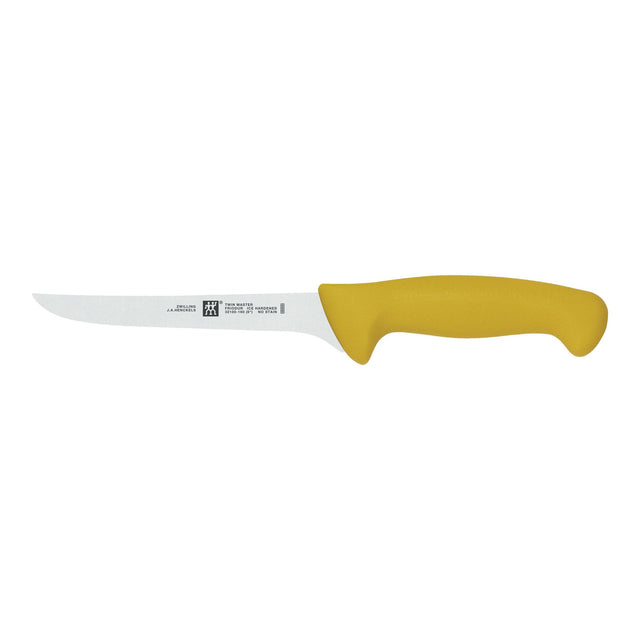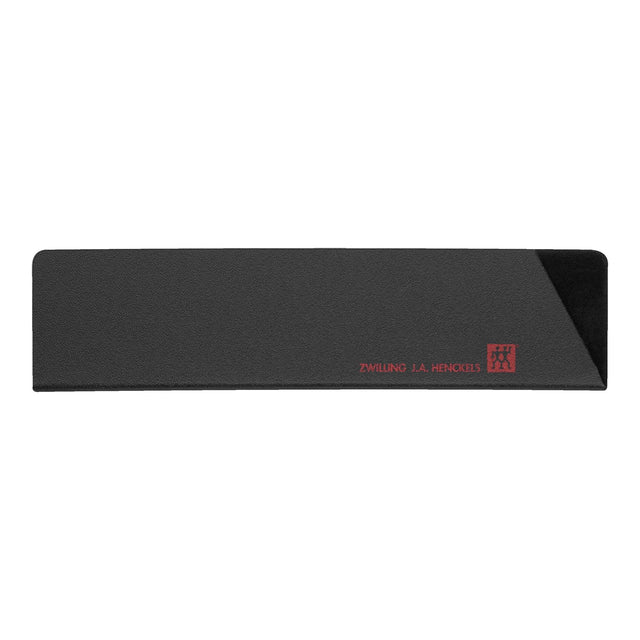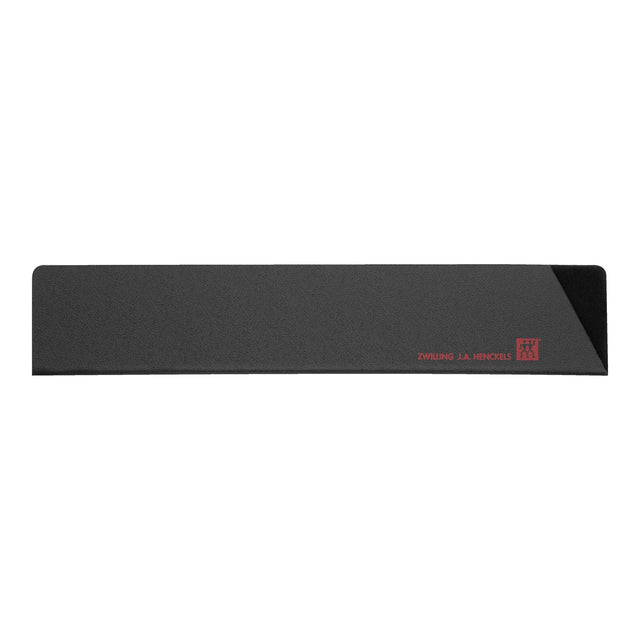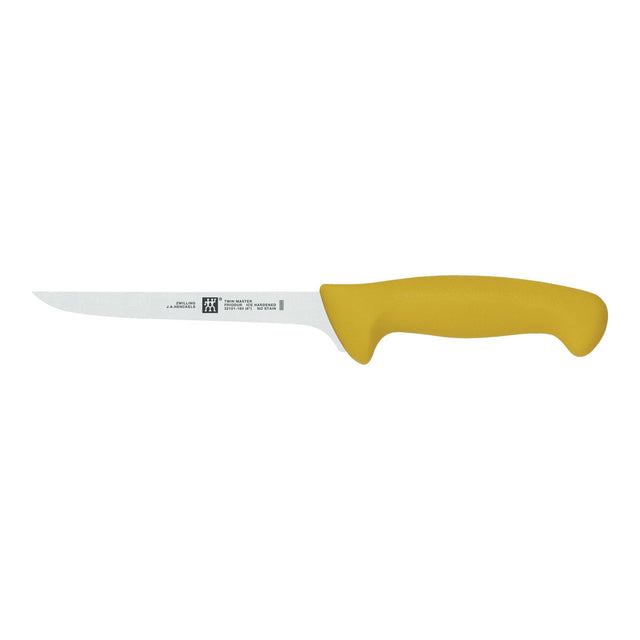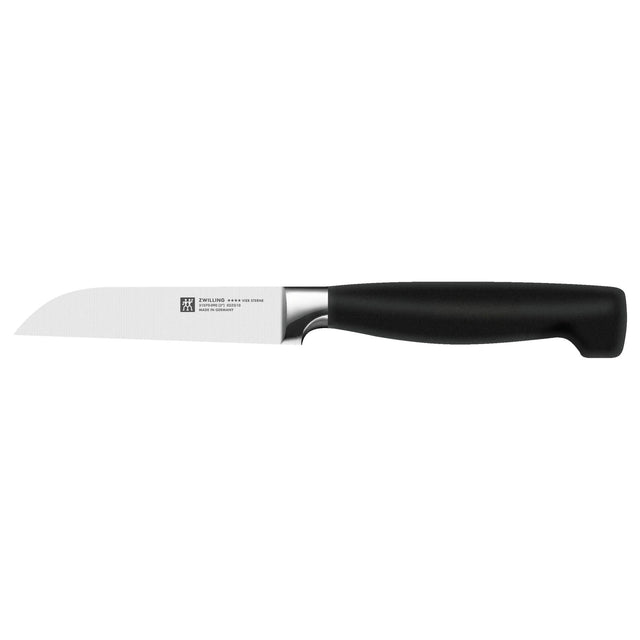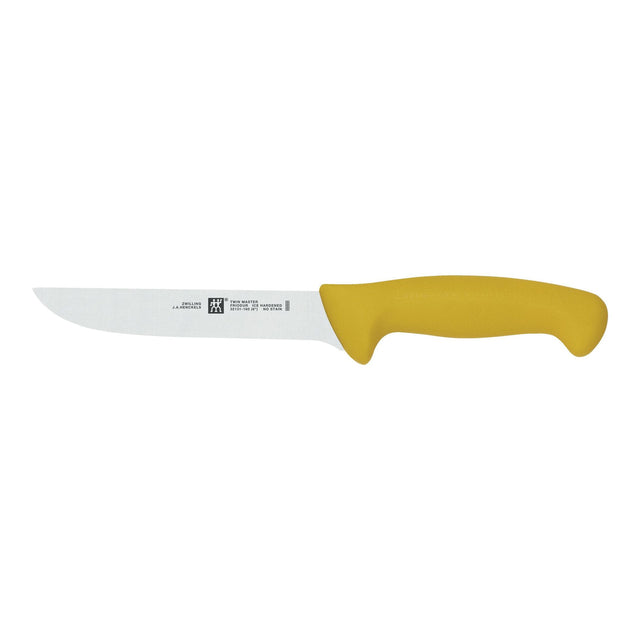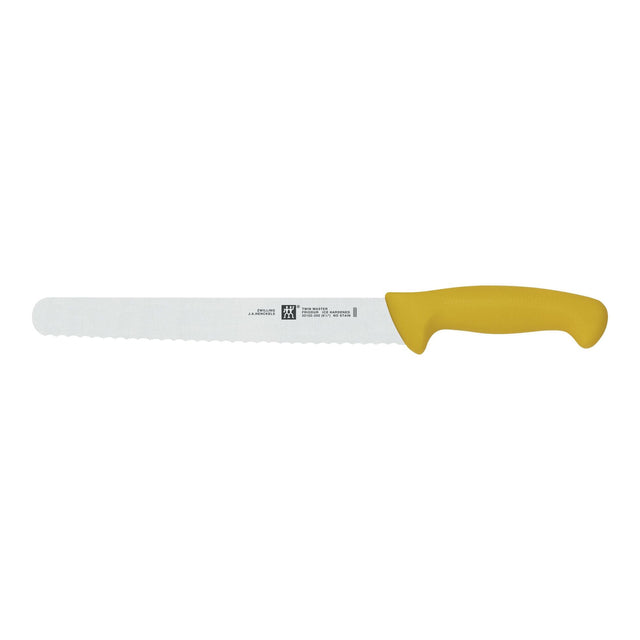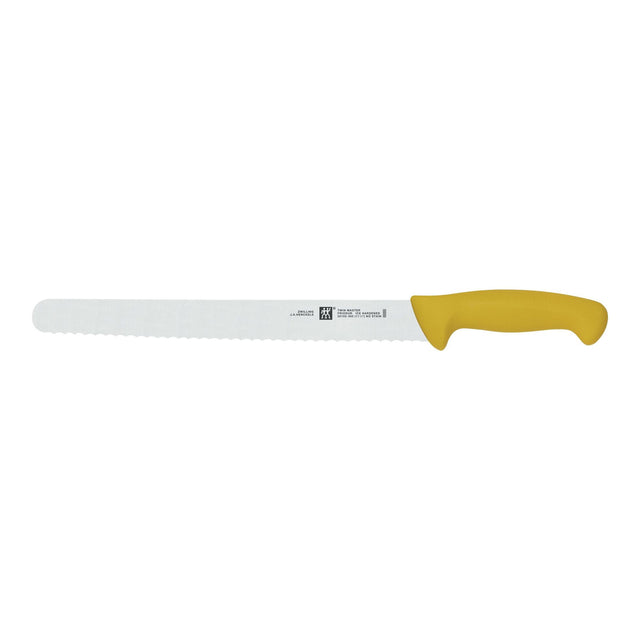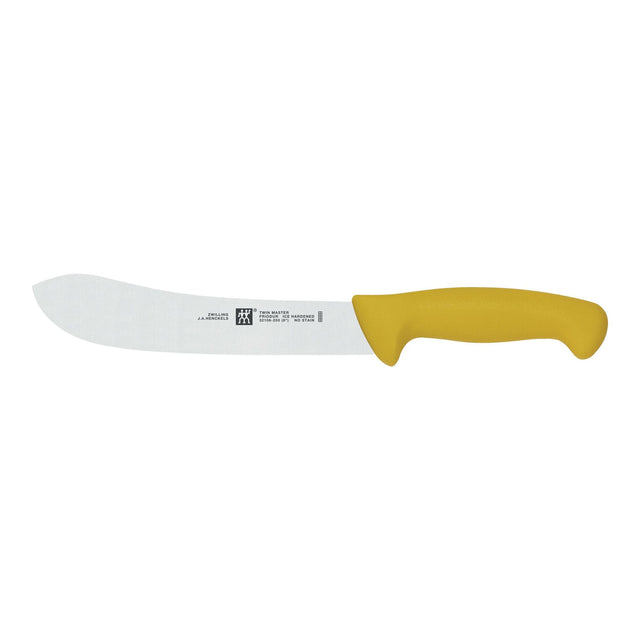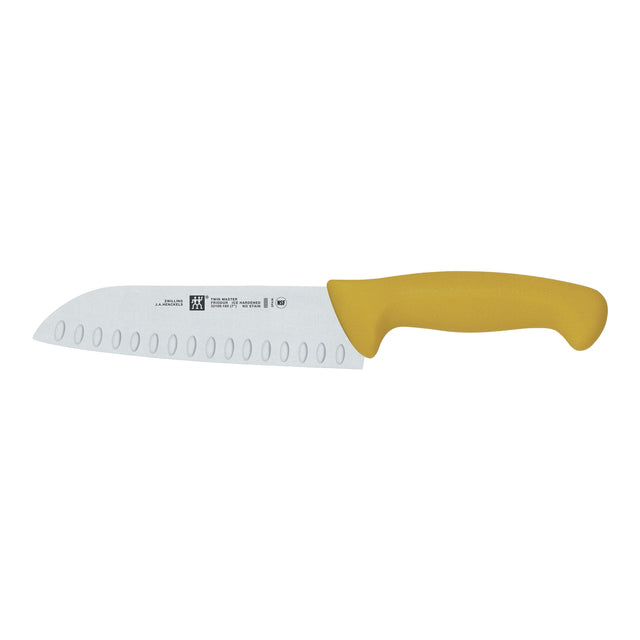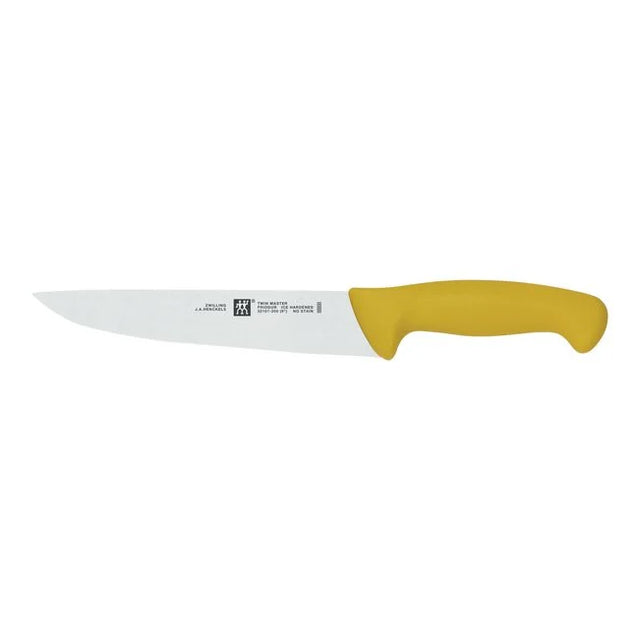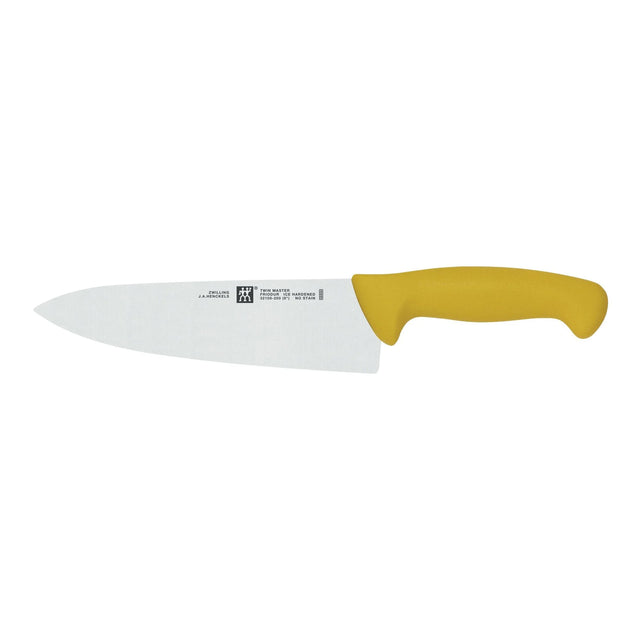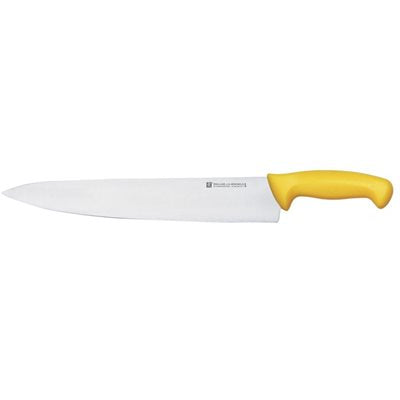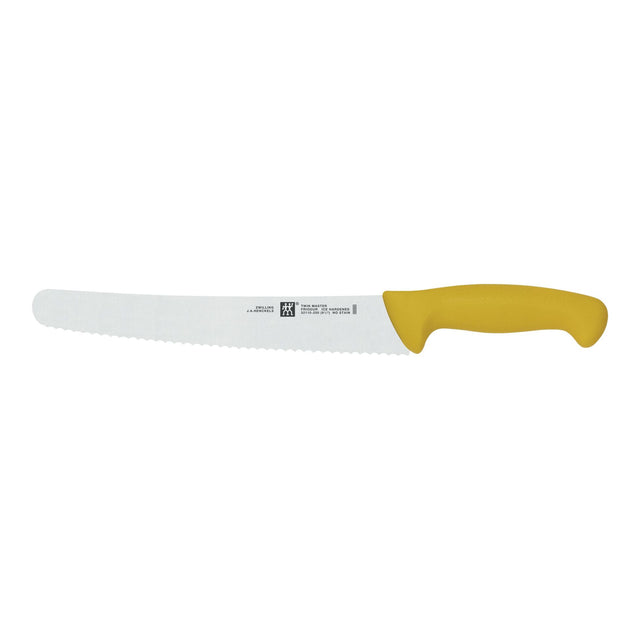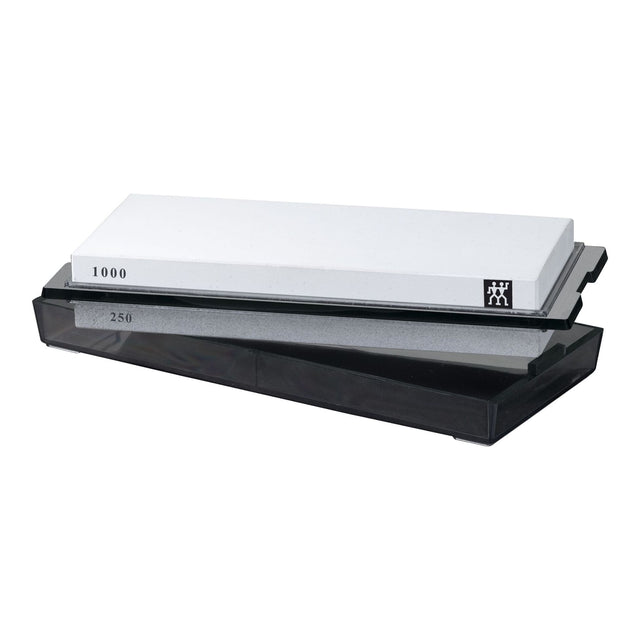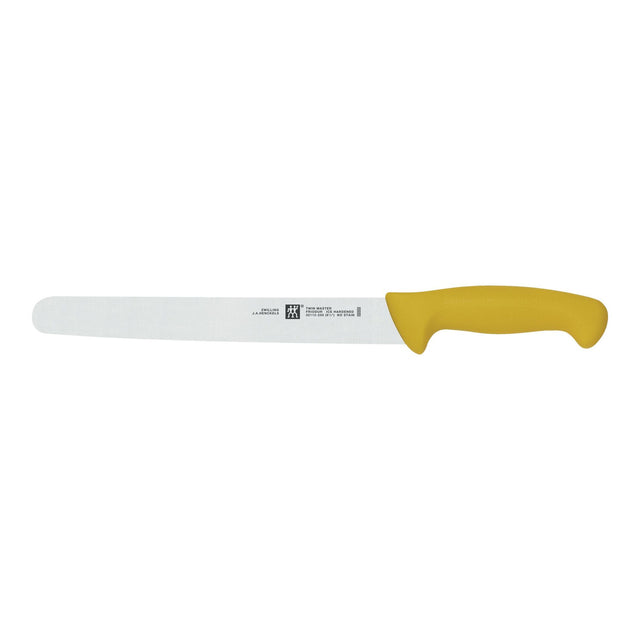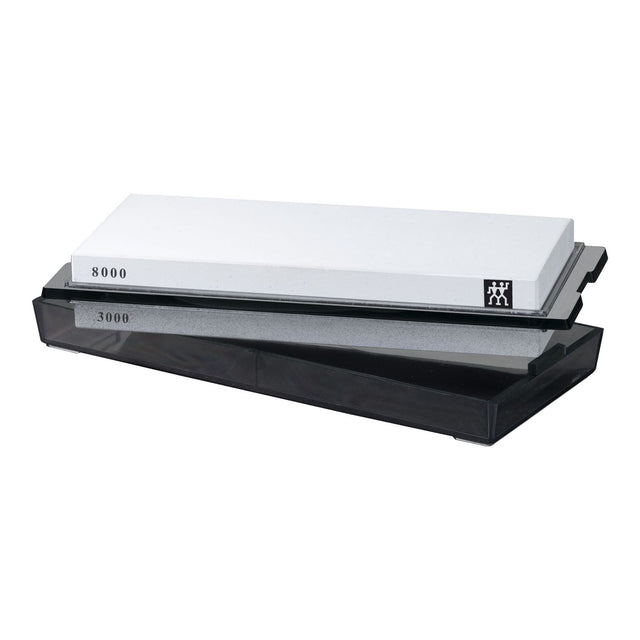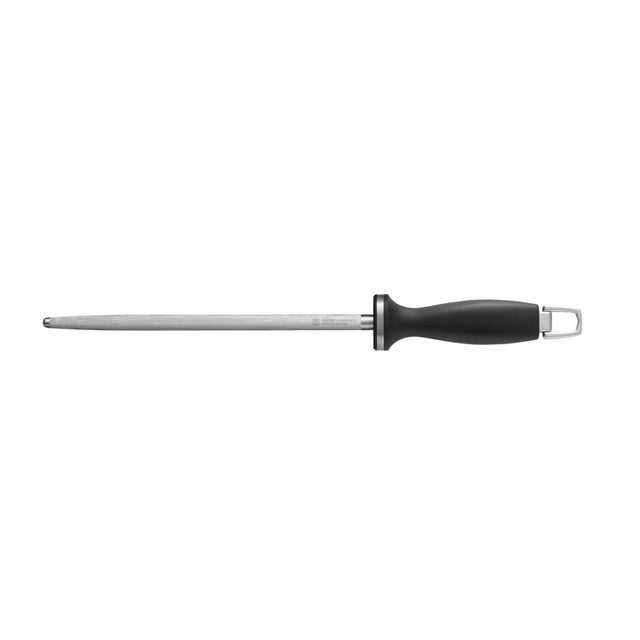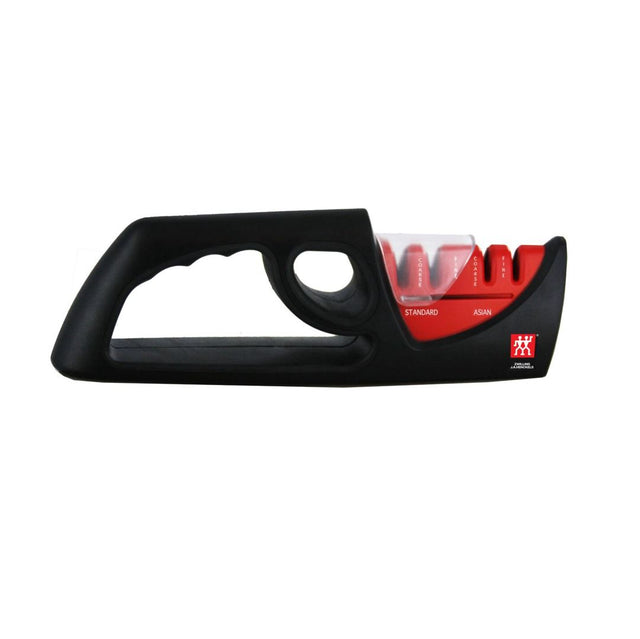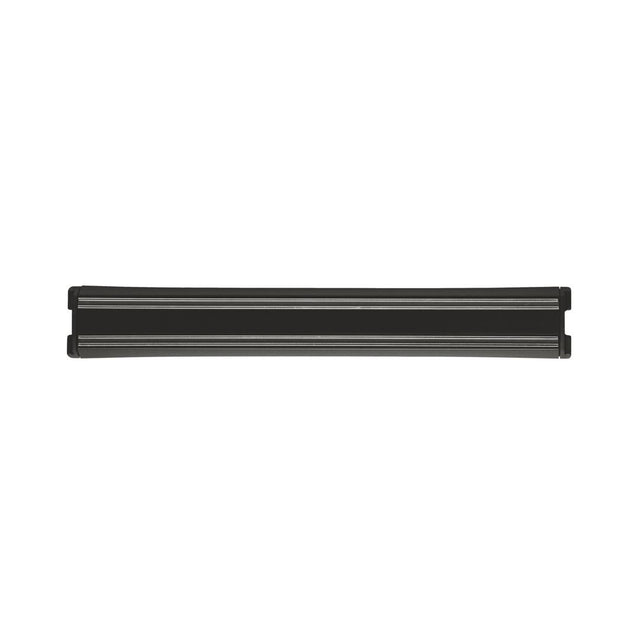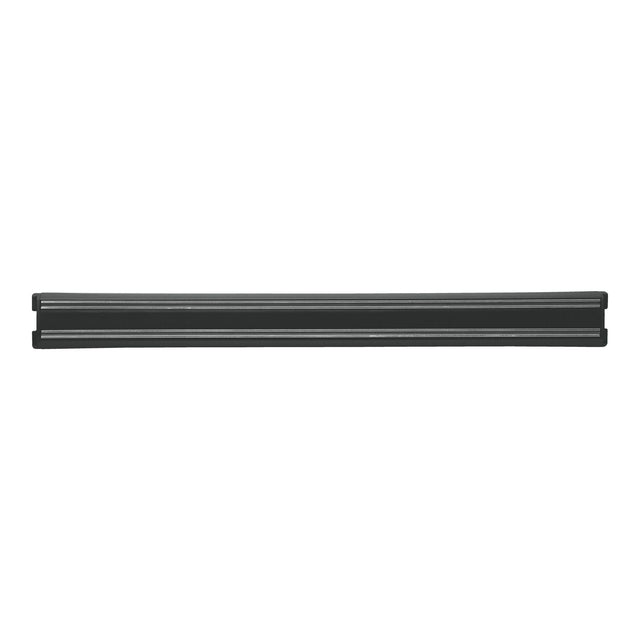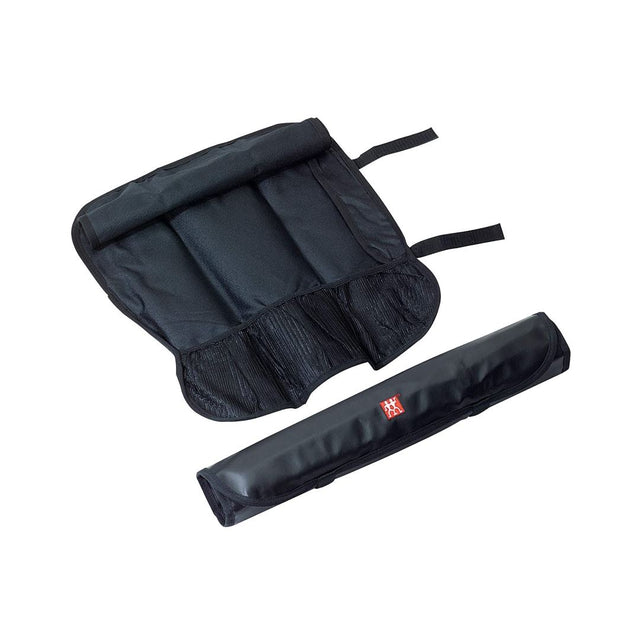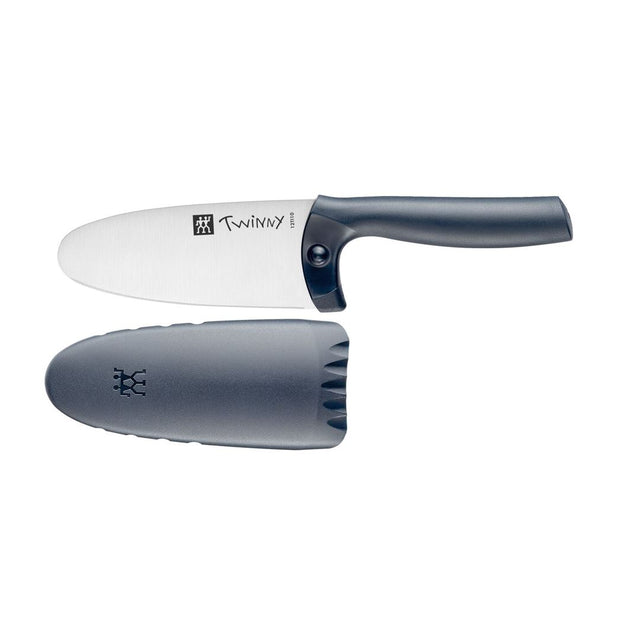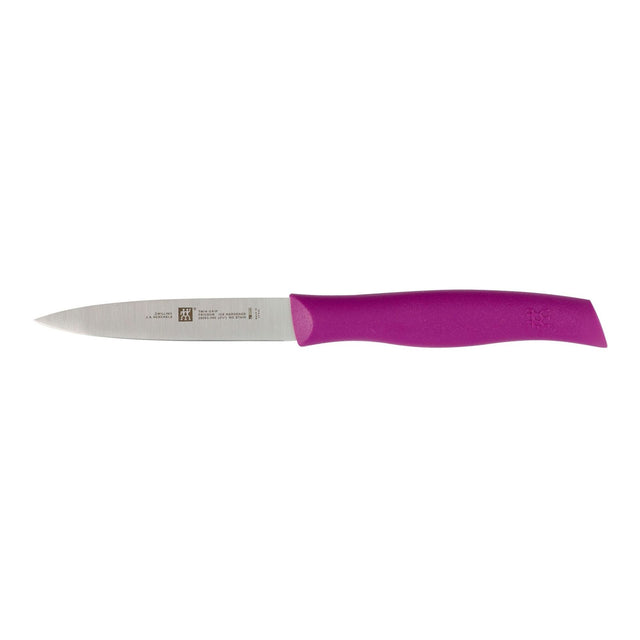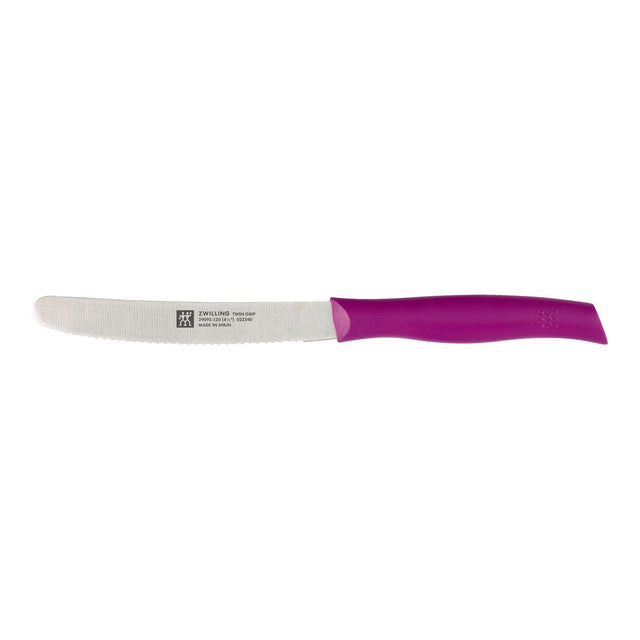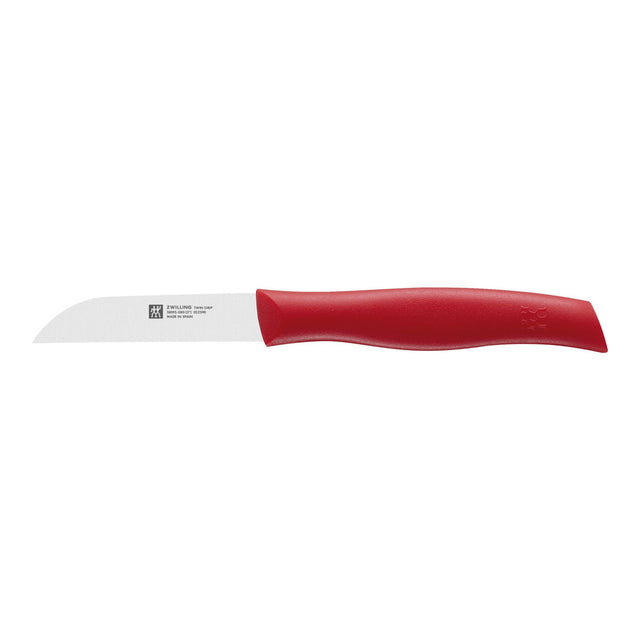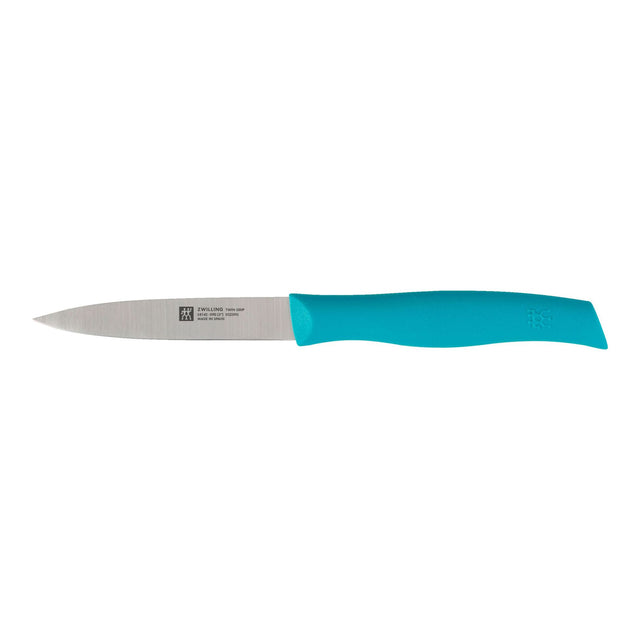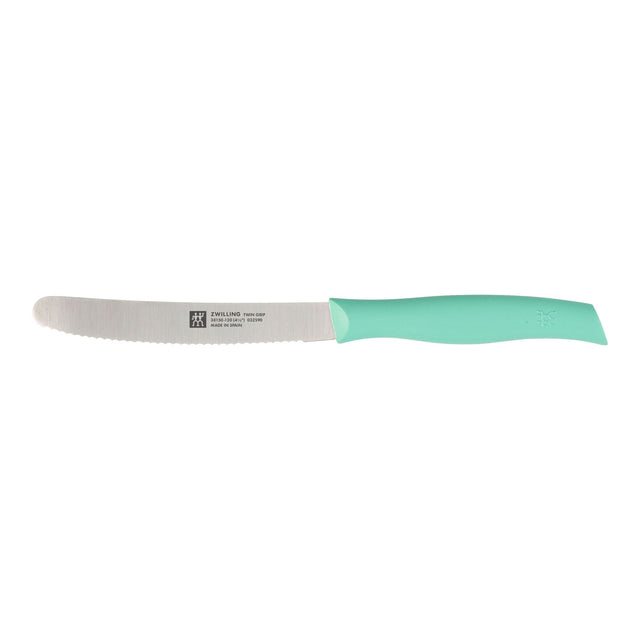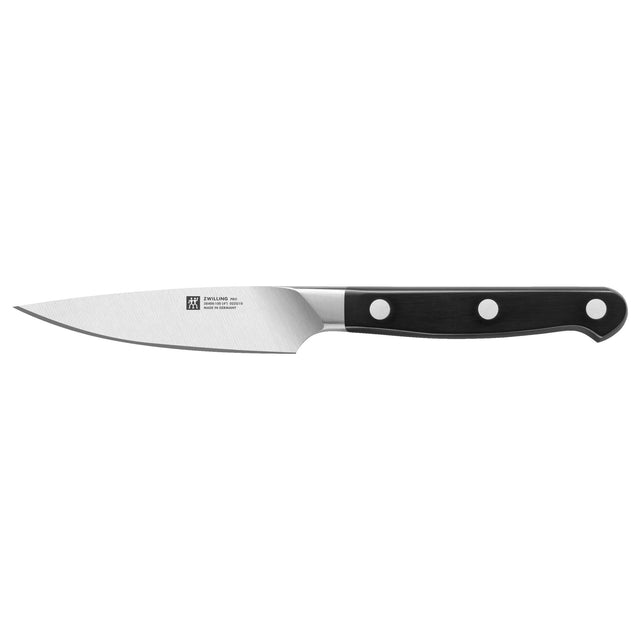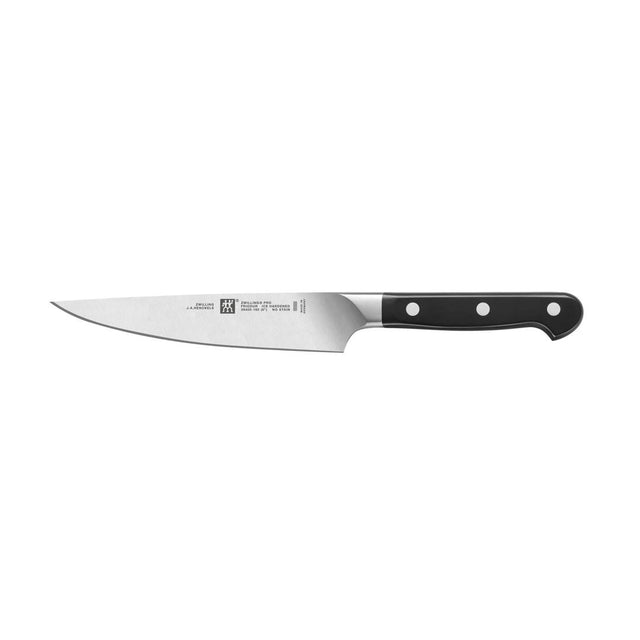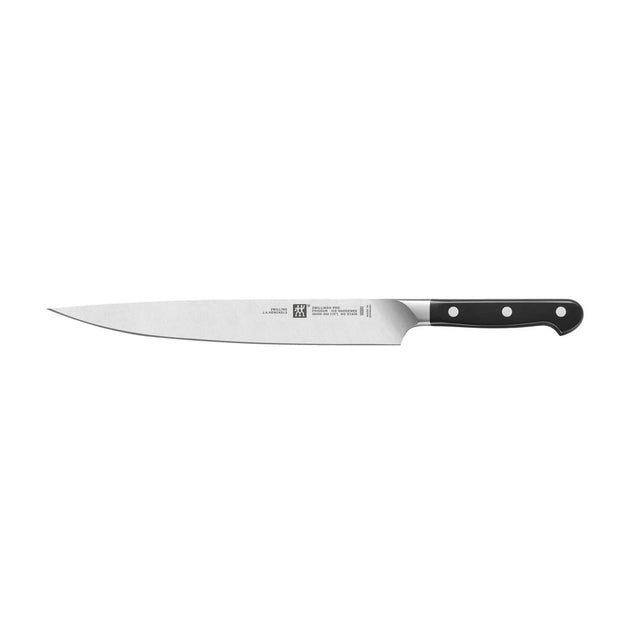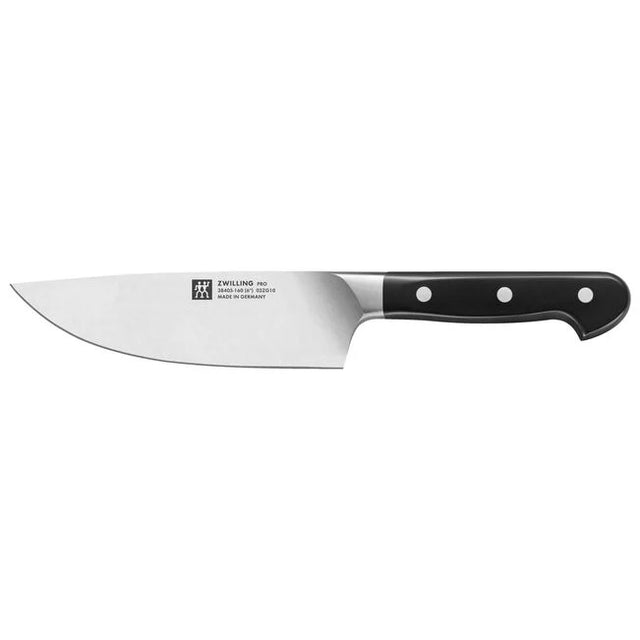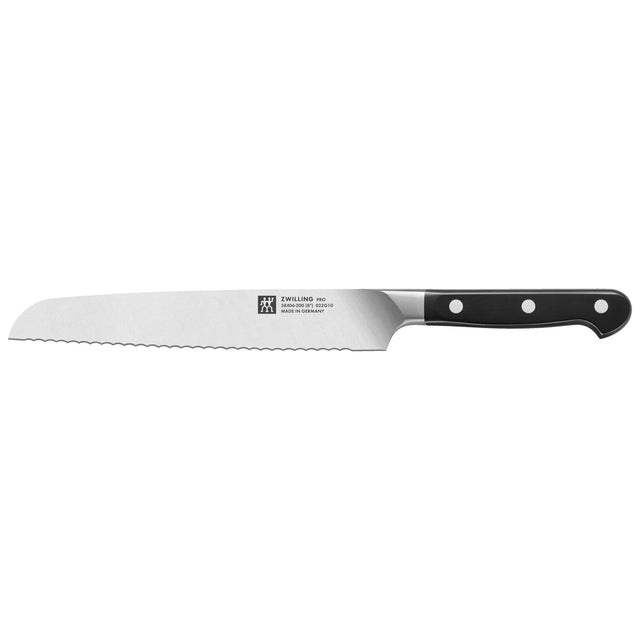A dishwasher is an essential piece of equipment for your foodservice establishment to maintain sanitary practices. There are two main types of dishwashers; ones that use high heat to kill bacteria and one that uses a chemical sanitizer to clean your dinnerware, glassware, and flatware. Many of the commercial dishwashers at Nella are NSF listed, meaning they meet high standards for ensuring safety and sanitation in commercial foodservice environments.
HIGH TEMP VS LOW TEMP
High temp machines wash at 150° – 160° degrees and then rinse at 180°F. The extreme rinse heat sanitizes your wares. This high temperature in the sanitization cycle can remove stubborn stains and tough grease from your glassware and dinnerware. Generating this type of heat creates steam, meaning a ventilation hood will be required; this will drive up the initial set-up cost. Though, depending on the type of machine you are purchasing (undercounter / door type / conveyor), some options come with a built-in condenser; this is commonly known as a ventless unit.
Low temp machines wash at between 120° - 140°F. Since it washes at a lower temperature, a sanitizing chemical is needed for the last cycle to comply with NSF requirements.
Be conscious of the different chemicals you are using for low temp dishwashers as the chemical agents in them may damage your cutlery or other smallwares. Speak to the chemical company to ensure that the active agents are compatible with the dishwasher and that it is safe for your dishes and utensils.
Low temp dishwashers cost significantly less than high temp dishwashers. Since low temp dishwashers are operating at a lower temperature, they are considered to be more energy efficient. But the long-term savings should still be under consideration as these low temp washers require the continuous purchase of detergent and rinse aid chemicals, and may even require higher usage of water since your wares need to be rinsed beforehand or may need to go through multiple cycles to remove grease and other residue. High heat dishwashers only require the detergent since the sanitization cycle can kill germs with its high heat.
CHOOSING THE RIGHT DISHWASHER FOR YOUR BUSINESS
It’s always a good idea to test your water supply. If you have high mineral content present in your water supply then a filtration system may be needed. Skipping this step increases the risk of residue build up in your machine, causing it to fail over time and increasing the cost of continuous servicing.
The foot traffic of your business will likely dictate the type of dishwasher you will require. They come in different styles like:
- Undercounter – suitable for smaller-scale restaurants or bars. Low-temp dishwashers are great if you have a very compact kitchen or bar area and need to have the unit in the vicinity of your customers.
- Door type – for medium-sized operations, these units can easily fit in a corner of your ware washing area. A soiled dish table and clean table fits on either side of the unit allowing you to push the soiled dishracks through one door and clean out the other.
- Conveyor – Designed for high volume operations like cafeterias, hospitals, and shopping malls, conveyor dishwashers can wash up to thousand racks per day.
All in all, if you have the budget, I would veer towards a high temp dishwasher. Why? Well, long term, you’ll be using fewer chemicals that can negatively impact the environment, and also you can easily tackle tougher stains with no repeat runs through the dishwasher. If you are worried that you don’t have the initial capital to invest, financing is always a great option.

